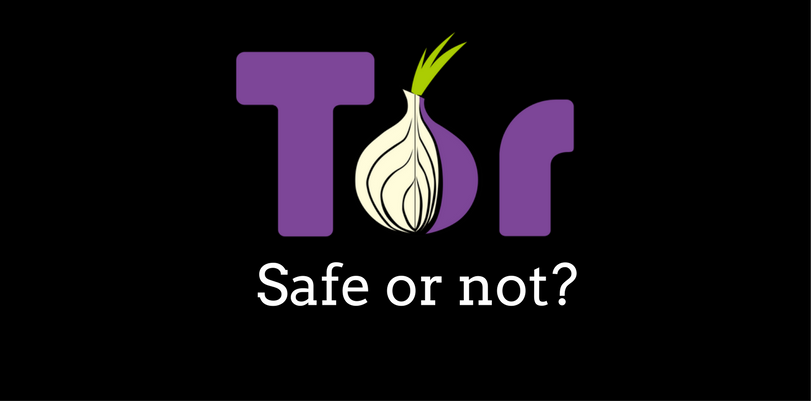

This overlay network is run by volunteers all around the world. The Onion Router (TOR) works by using onion routing to bounce internet traffic around a free, worldwide overlay network called Tor network. Tor browser is developed by a non-profit organization called ‘Tor Project’ to make communications safer and anonymous and to fight surveillance and censorship. In this article, we will see how Tor works, how to install, configure, and use Tor Browser on Windows 11 as well as how to access Dark Web using Tor. It helps you access the websites that are blocked and stop websites from knowing your identity and location. But where the TOR emphasizes anonymity, the VPN emphasizes privacy. The TOR browser is similar to the VPN service they both protect your anonymity and privacy online. The Tor Browser protects you from tracing, tracking, surveillance, and censorship. Tor browser is a freeware that is available for Windows, macOS, Linux, and Android, and it can be downloaded from the official Tor Project website. It is widely popular among journalists, activists, researchers, professionals, whistleblowers, businesses, etc. It is specifically designed to protect your online privacy and anonymity from governments, corporations, and cyber attackers. If you see inaccuracies in our content, please report the mistake via this form.Tor, short for The Onion Router, is a free and open-source browser that helps you browse the internet anonymously using the Tor network. If we have made an error or published misleading information, we will correct or clarify the article. Our editors thoroughly review and fact-check every article to ensure that our content meets the highest standards. Our goal is to deliver the most accurate information and the most knowledgeable advice possible in order to help you make smarter buying decisions on tech gear and a wide array of products and services. ZDNET's editorial team writes on behalf of you, our reader. Indeed, we follow strict guidelines that ensure our editorial content is never influenced by advertisers. Neither ZDNET nor the author are compensated for these independent reviews. This helps support our work, but does not affect what we cover or how, and it does not affect the price you pay. When you click through from our site to a retailer and buy a product or service, we may earn affiliate commissions. And we pore over customer reviews to find out what matters to real people who already own and use the products and services we’re assessing. We gather data from the best available sources, including vendor and retailer listings as well as other relevant and independent reviews sites. ZDNET's recommendations are based on many hours of testing, research, and comparison shopping.


 0 kommentar(er)
0 kommentar(er)
